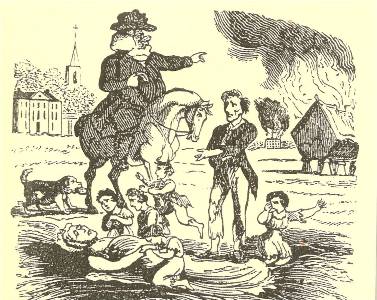Graveyard Memorial Inscriptions
Welcome to the Elham Historical Society database website. Feel free to browse and uncover the history of Elham. Our dedicated team of historians has recently finished recording the details on all the memorials in the graveyard. Our chairman Derek Boughton has overseen the operation, correlating the data and checking for errors. The results of their labours can be seen on the burials page.
Elham beat off stiff competition for the title of Kent Village of the year 2011 organised by Action with Communities in Rural Kent.
Censuses for outlying communities in the parish will be rolled out gradually. Check out the stats page for interesting facts and
trivia about the village. We still need your help so please send us any information relating to Elham that may be of interest.
Les Ames hits out
Elham resident Les Ames in action for England against the West Indies in 1939. He was one of the finer wicketkeeper - batsmen and played for Kent CCC.
Abbot's Fireside c 1450
The Abbot's Fireside is one of the older buildings in the village and probably dates back to the mid fifteenth century.
Audrey attends school
Audrey Hepburn (neé Rushton) lived in Orchard Cottage (Five Bells) for five years in her childhood (1935-1940) and attended the local village schools. She took ballet lessons
and dreamed of becoming a prima ballerina. I wonder what became of her?
George V Playing Field
Dave Lee opens Elham's brand new playground with a sensory garden and a pretty flower meadow created by the Play for Elham charity. 21st November 2010
Swing Riots of 1830

The machine breaking that led to the riots of August 1830 onwards started in the Elham Parish, writes our historian Derek Boughton,
who has made a lifetime's study of the subject.
Elham residents were prominent in the gangs that sought out the new fangled threshing machines and destroyed them. Some of them cost the not inconsiderable sum for the day of £100.
Full Story